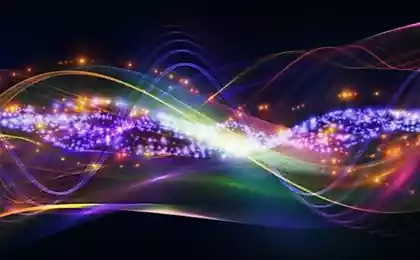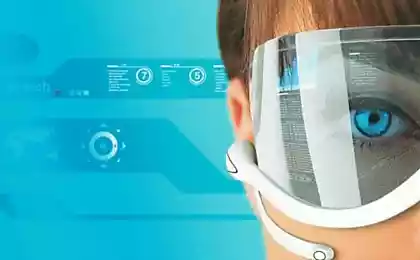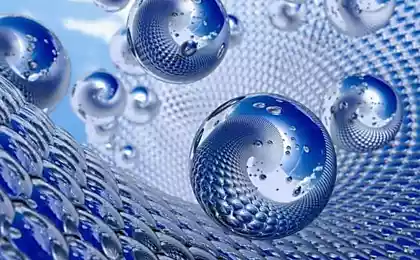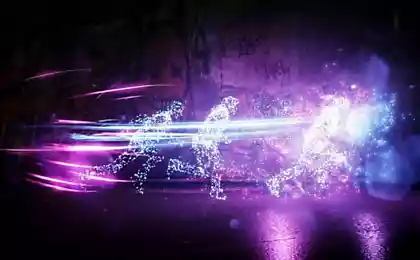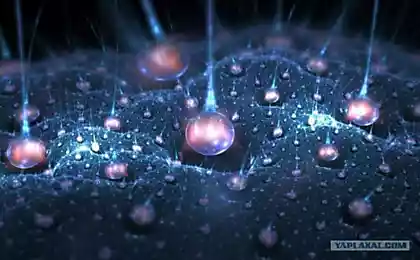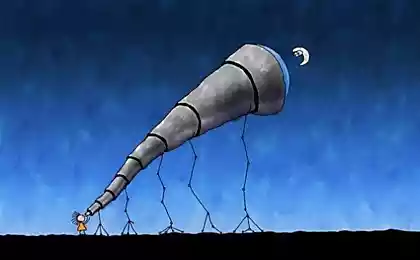655
Scientists have developed technology that will help cure blindness
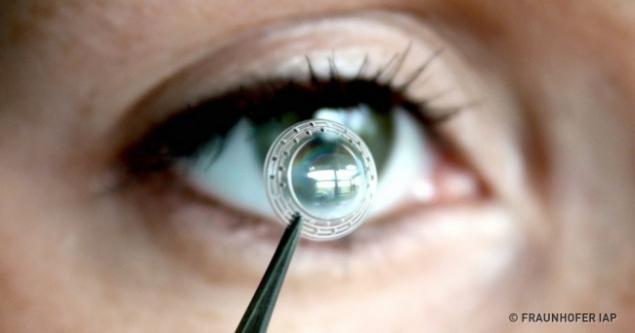
According to the world health organization (World Health Organisation), worldwide there are about 285 million people who are totally or partially deprived of vision. Fortunately, science does not stand still: already, scientists have learned to grow eye tissue using the recently discovered technology of cell reprogramming. This idea belongs to Professor of Kyoto University (Kyoto University) Signa Yamanaka (Shinya Yamanaka), who in 2012 along with British biologist John Gurdon (John Gurdon) won her a Nobel prize.
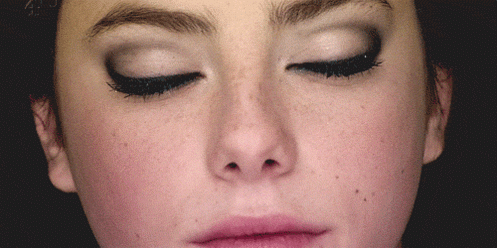
The gist of this discovery consists in the following. Yamanaka along with colleagues discovered the ability of cells having their specialization in the organism, to return to the embryonic state by reprogramming. Of these reprogrammed cells, in turn, it is possible to grow the necessary organs and tissues for use in transplantation and regenerative medicine.
In this way scientists grow tissue of the eye for treating blindness. Clinical trials of the transplantation of eye tissue are currently underway in different countries. For example, scientists from Cardiff University (Cardiff University) and Osaka University (Osaka University) performed the transplant of corneal epithelium blind rabbits to restore the front of the eye.
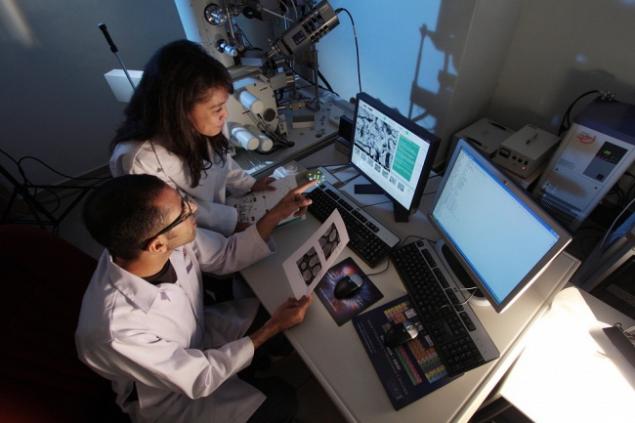
Similar tests are carried out in the Russian Federal scientific-clinical center of physico-chemical medicine, where he learned to grow a retina from skin cells. It is expected that clinical research involving human subjects will be conducted in 2017. Transplant surgery of the retina will be conducted by a family with a genetic macular degeneration.
Source Forbes, Daily Mail, News
Photos on the preview Fraunhofer IAP
See also
10 personal characteristics that in fact you have inherited from parents
In Switzerland, invented the chip will return paralyzed people the ability to walk
How to see the world people with different forms of color blindness
via www.adme.ru/svoboda-kultura/kak-vidyat-mir-lyudi-s-raznymi-formami-daltonizma-1387615/
Each of us has only 3 attempts to fall in love
Is The Tao. She's 98 and she's the world's oldest yoga instructor

